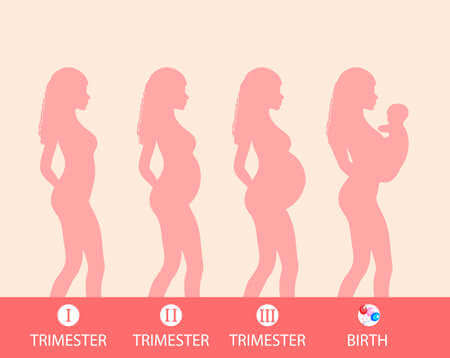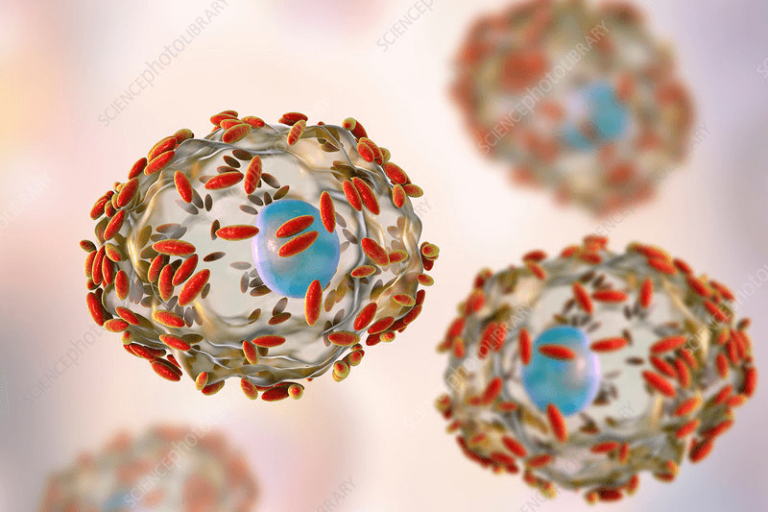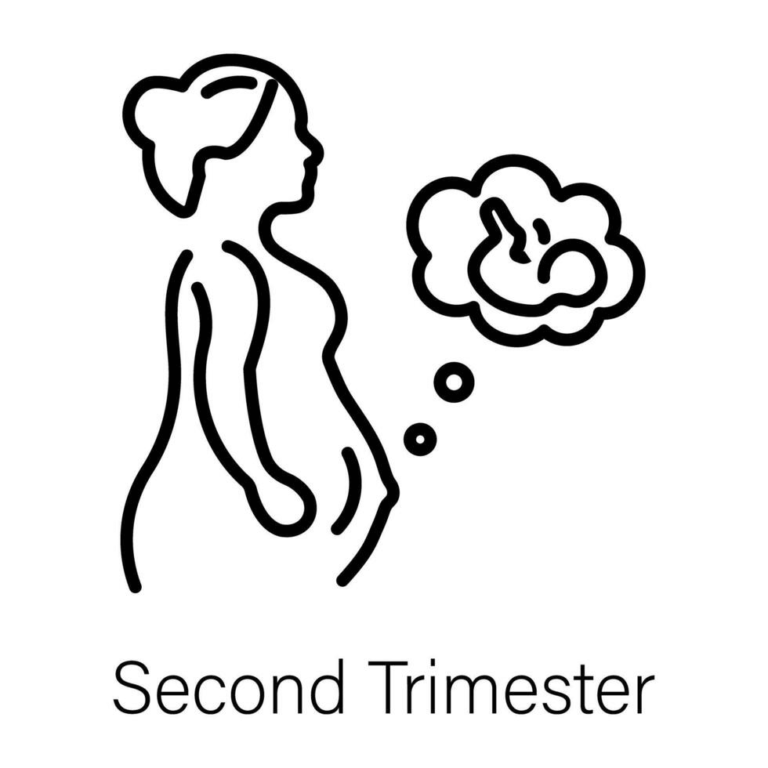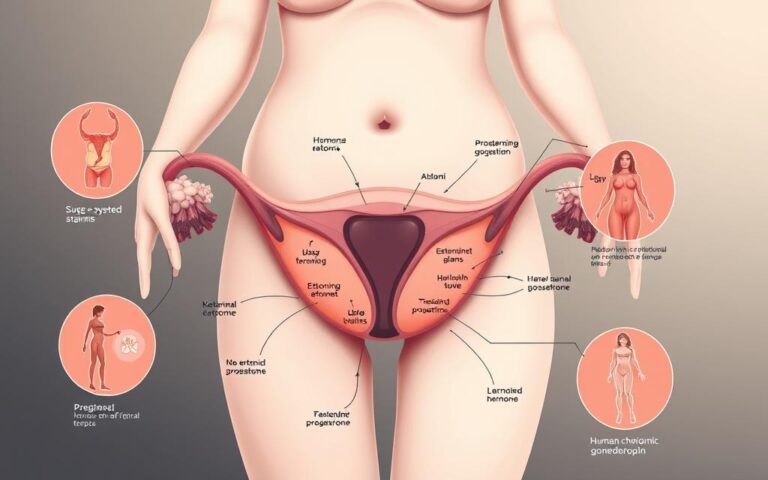Natural Ways to Treat Gum Disease During Pregnancy: A Comprehensive Guide
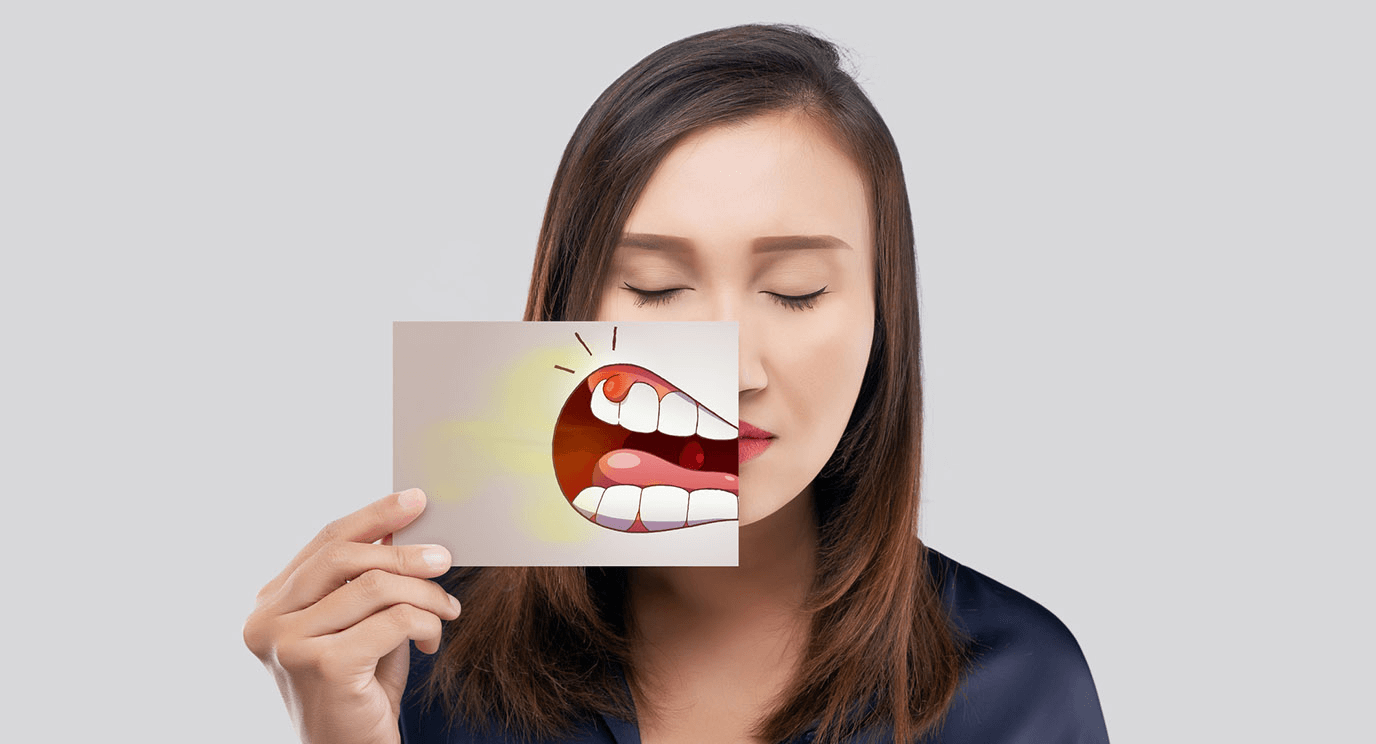
Gum disease, which can range from mild inflammation to severe dental issues, is a common concern for adults. Pregnant women are particularly susceptible due to hormonal changes and increased blood flow, making good oral hygiene essential. Here’s a detailed look at how to naturally manage and treat gum disease during pregnancy.
Understanding Gum Disease During Pregnancy
Gum disease begins as gingivitis, characterized by inflammation of the gums. If untreated, it can progress to periodontitis, leading to severe tissue, ligament, and bone damage, and ultimately tooth loss.
Symptoms of Gum Disease in Pregnancy
- Red or swollen gums
- Pockets between teeth and gums
- Sensitive or loose teeth
- Pain while chewing
- Misaligned teeth
- Persistent bad breath
Causes of Gum Disease During Pregnancy
- Poor oral hygiene
- Smoking
- Hormonal changes
- Diabetes
Natural Prevention and Treatment Methods
Regular Dental Visits
Schedule regular dentist visits for deep cleaning to remove plaque build-up that can cause gum disease. Dentists typically recommend scheduling treatments during the second trimester when it is safer for the baby.
Proper Oral Hygiene
Maintain a rigorous oral hygiene routine:
- Brushing and flossing: Regular brushing and flossing help remove bacteria and reduce inflammation.
- Mouthwash: Use a fluoride-containing mouthwash, and consider those with antiseptic properties to kill bacteria.
Also read: Navigating Pregnancy After A Miscarriage: Comprehensive Guide
Nutritional Support
Incorporate essential vitamins into your diet:
- Vitamin C: Found in fruits or supplements, it helps combat gingivitis.
- Vitamin A: Vital for bone and tooth growth, but be cautious of upper intake limits during pregnancy.
Home Remedies
- Saltwater Rinse: Rinse your mouth with a mixture of salt and warm water to reduce inflammation and bacteria.
- Coconut Oil Pulling: Swishing coconut oil in your mouth for several minutes can reduce harmful bacteria.
Professional Treatments
If natural methods are insufficient, consult your dentist for professional treatments that are safe during pregnancy:
Scaling and Root Planing
A deep cleaning method where the dentist removes tartar from above and below the gum line and smooths rough spots on tooth roots.
Flap Surgery
For persistent gum inflammation and pockets, flap surgery removes tartar, closes the pockets with stitches, and helps gums fit tightly around the teeth again.
Grafts
In severe cases, bone or tissue grafts may be necessary. This involves techniques like guided tissue regeneration to allow new bone and tissue growth.
Antibiotics
In severe bacterial infections, antibiotics may be prescribed. Safe options during pregnancy should be discussed with your doctor.
Topical Antibiotics
- Doxycycline Gel: Applied to gum pockets after cleaning to gradually release the antibiotic over a week.
- Chlorhexidine Chip: An antimicrobial chip placed in gum pockets, releasing the antimicrobial agent over time.
- Minocycline Microspheres: Tiny particles with minocycline placed in gum pockets.
Oral Antibiotics
Doxycycline pills can prevent enzymes from breaking down gum tissue post-treatment. Ensure your doctor knows of any allergies before starting antibiotics.
Final Thoughts
Managing gum disease naturally during pregnancy requires a combination of good oral hygiene, regular dental visits, proper nutrition, and potentially professional treatments. Always consult with healthcare providers to ensure the safety of treatments for you and your baby.
For more information, please refer to reputable health sources like the American Dental Association and Mayo Clinic.
Also read: Emotional Healing After A Miscarriage: A Comprehensive Guide


